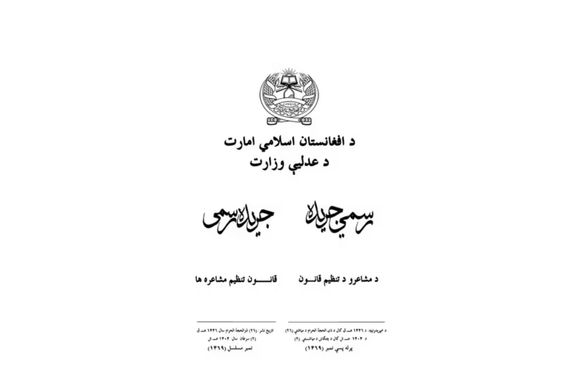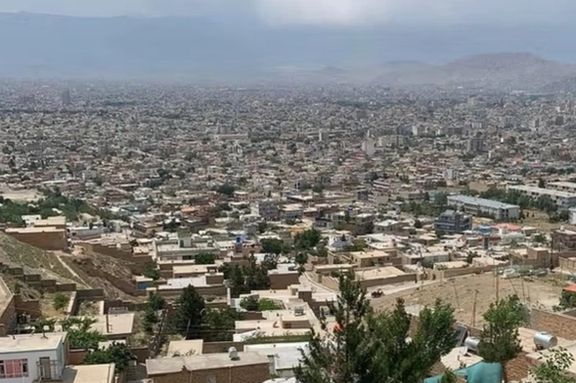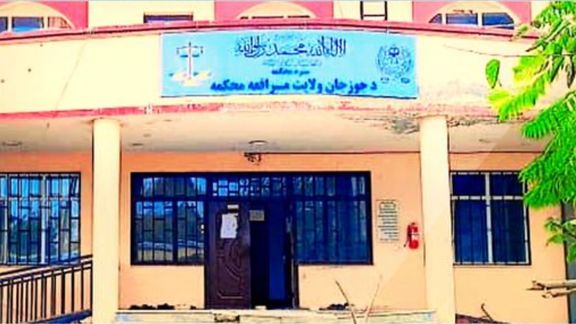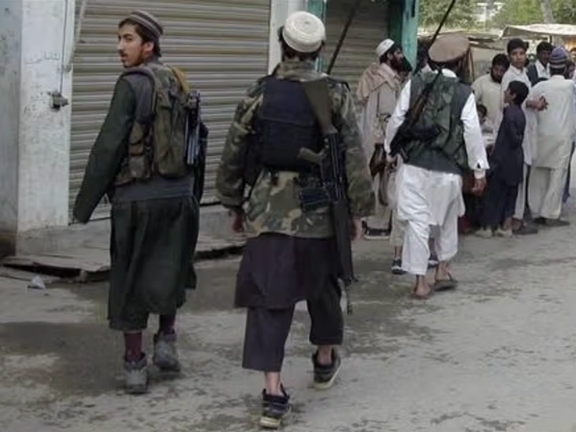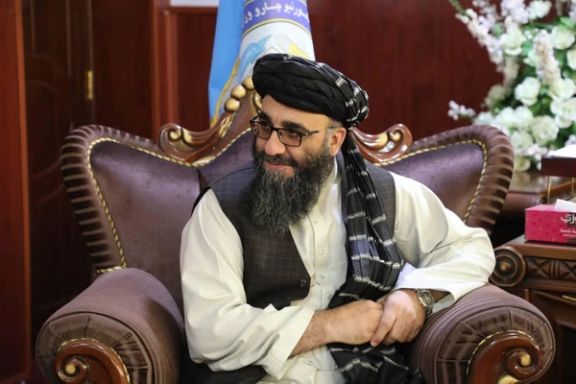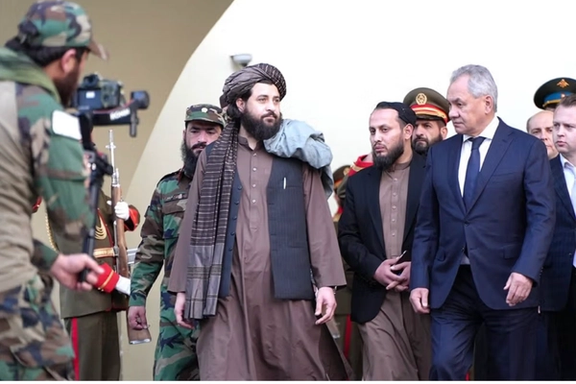The suspension followed the Taliban’s failure to provide financial details on how the money was spent on relocating families to Ghazni province, the sources said.
Under a pilot scheme, one Gulf Arab country provided $6 million to resettle about 2,000 TTP families. That country has now conditioned further support on accountability and clearer reporting from the Taliban.
According to the sources, the Taliban secretly moved dozens of families from the Gulan camp in Khost and border areas of Paktika to refugee settlements in Ghazni, paying each family member $40 a month.
The Taliban had earlier asked Pakistan to support relocating TTP fighters from eastern and southern Afghanistan to other provinces, but the broader international backing they sought has not materialised.
TTP forces are believed to be concentrated in Nangarhar, Khost, Paktia, Paktika and Kunar provinces. The Taliban promised to move them to Ghazni, Helmand and the north, but many TTP fighters reportedly refused the resettlement.
Pakistan had considered a 30-billion-rupee resettlement plan, but dropped it over distrust of Taliban leadership. Defence Minister Khawaja Asif said the Taliban had demanded 10 billion rupees to relocate fighters away from border areas, but declined to guarantee they would not return.
Islamabad accuses the Taliban of harbouring TTP militants and Baloch separatists. It claims some Afghan Taliban factions remain allied with the TTP, which Pakistan says fields about 6,000 fighters on Afghan soil.
Pakistan’s military has repeatedly struck TTP positions across the border. On Tuesday, Pakistani jets bombed sites in Khost and Nangarhar provinces. The Taliban condemned the attacks, warned of consequences and summoned Pakistan’s ambassador.
